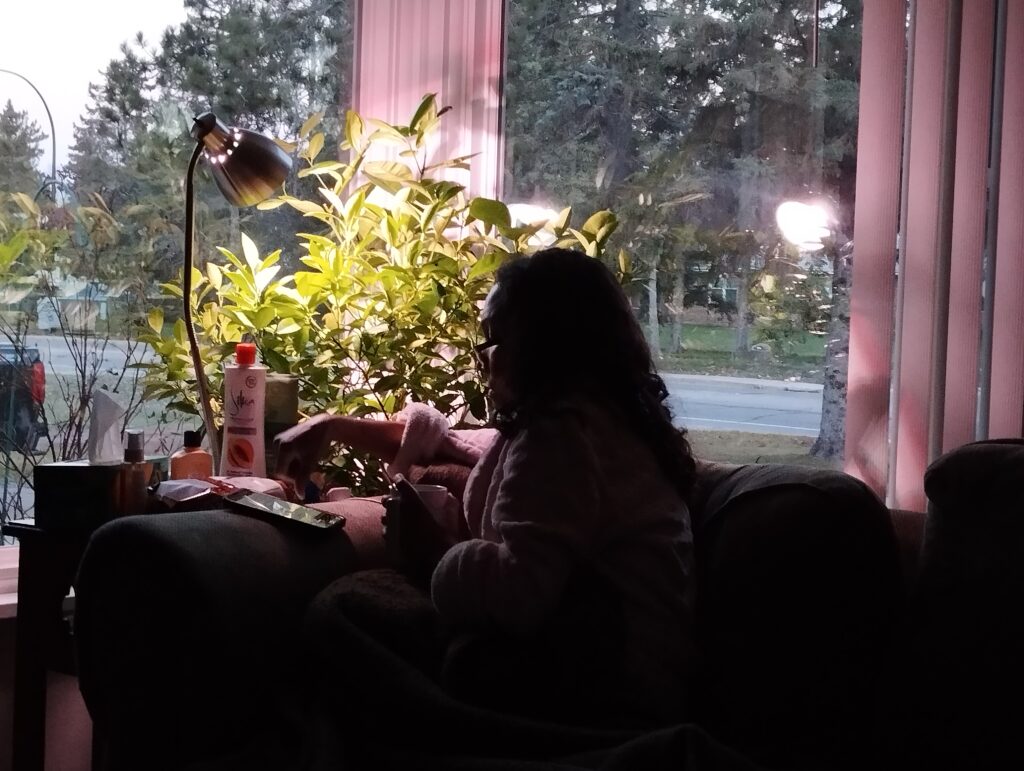Text and Photos by Evangeline T. Capuno
Being lonely is most of the time a horrible experience.
“I’ve never been lonely,” American poet and novelist Charles Bukowski admitted. “I’ve been in a room – I’ve felt suicidal. I’ve been depressed. I’ve felt awful – awful beyond all – but I never felt that one other person could enter that room and cure what was bothering me. Or that any number of people could enter that room.”
Simply said, loneliness is something he has never bothered with, because he has always had this terrible itch for solitude. “It’s being at a party, or at a stadium full of people cheering for something, that I might feel loneliness,” Bukowski further said.
Nobel Peace laureate Mother Teresa knew what it is to be lonely. “The most terrible poverty is loneliness and the feeling of being unloved,”
F. Scott Fitzgerlad, an American novelist and essayist, understood that feeling, too. “The loneliest moment in someone’s life is when they are watching their whole world fall apart, and all they can do is stare blankly,” he wrote.
Loneliness as a worldwide condition
The world is now home to about 8 billion people. But why is loneliness still with us? “Why do people have to be this lonely? What’s the point of it all?” asked Haruki Murakami in Sputnik Sweetheart. “Millions of people in this world, all of them yearning, looking to others to satisfy them, yet isolating themselves. Why? Was the earth put here just to nourish human loneliness?”

Just recently, the World Health Organization (WHO) has announced a new Commission on Social Connection (CSC), to address loneliness as a pressing health threat, promote social connection as a priority, and accelerate the scaling up of solutions in countries of all incomes.
Co-chaired by U.S. Surgeon General, Dr Vivek Murthy, and African Union Youth Envoy, Chido Mpemba, the CSC consists of 11 leading policymakers, thought leaders, and advocates.
Running for three years, it will analyze the central role social connection plays in improving health for people of all ages, and outline solutions to build social connections at scale. The CSC will consider how connection enhances the well-being of our communities and societies, and helps foster economic progress, social development, and innovation.
“Social isolation – having an insufficient number of social connections, and loneliness – and the social pain of not feeling connected, are widespread,” the Geneva-based United Nations health agency said.
Contrary to the perception that isolation and loneliness primarily affect older people in high-income countries, they impact the health and well-being of all age groups across the world. Studies show that one in four older people experience social isolation and the rates are broadly similar in all regions. Among adolescents, between 5–15% experience loneliness, according to research findings. However, these figures are likely to be underestimations.
Health consequences of loneliness
“High rates of social isolation and loneliness around the world have serious consequences for health and wellbeing. People without enough strong social connections are at higher risk of stroke, anxiety, dementia, depression, suicide, and more,” said WHO Director-General Dr. Tedros Adhanom Ghebreyesus. “This WHO Commission will help establish social connection as a global health priority and share the most promising interventions.”

According to the WHO, lack of social connection carries an equivalent, or perhaps even greater, risk of early death as the other better-known risk factors – such as smoking, excessive drinking, physical inactivity, obesity, and air pollution.
“Social isolation also has a serious impact on physical and mental health,” the WHO said, citing some studies which show that it has been linked to anxiety and depression and can increase risk of cardiovascular disease by 30%.
“Given the profound health and societal consequences of loneliness and isolation, we have an obligation to make the same investments in rebuilding the social fabric of society that we have made in addressing other global health concerns, such as tobacco use, obesity, and the addiction crisis,” said Dr. Murthy.
Other adverse outcomes of loneliness
Social disconnection also can lead to poorer educational outcomes; young people experiencing loneliness in high school are more likely to drop out of university. It can also lead to poorer economic outcomes; feeling disconnected and unsupported in your job can lead to poorer job satisfaction and performance.
“Young people are not immune to loneliness. Social isolation can affect anyone, of any age, anywhere,” said Mpemba. “Across the world, we must redefine the narrative around loneliness. Investments in social connection are critical to creating productive, resilient, and stable economies that promote the well-being of current and future generations.” – ###








